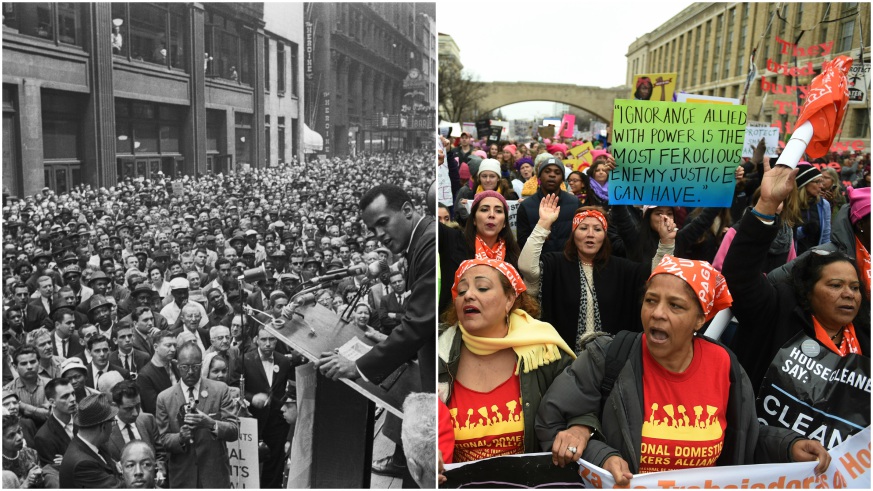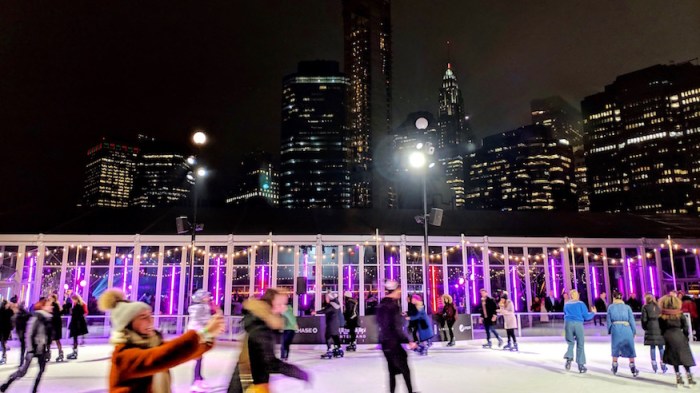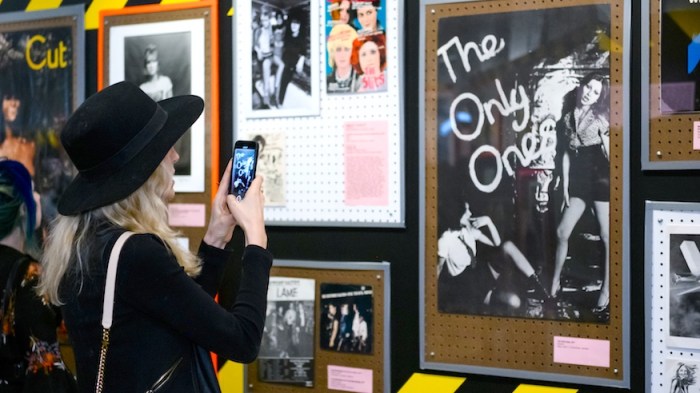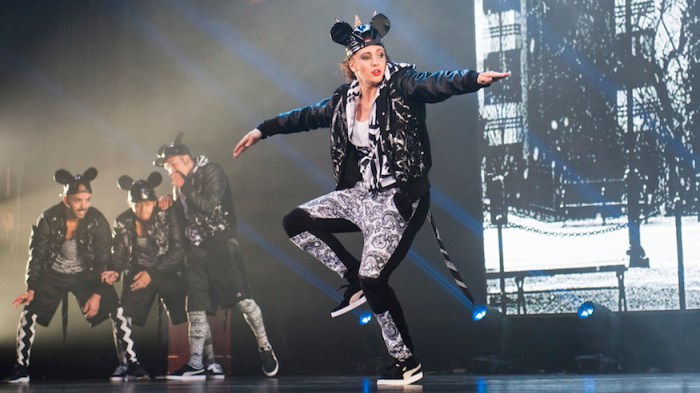“You say you want a revolution,” The Beatles sang in 1968 — but it may as well be a chart-topping hit right now.
Tapping into the cultural, social and political anxieties that are tipping our country toward another revolution, Carnegie Hall has rallied some of the biggest institutions in the city for The ‘60s: The Years That Changed America.
Officially going on now through March 24 (though some exhibits have already started and others will continue past that date), The ‘60s brings together over 35 organizations from the Museum of Modern Art to Alvin Ailey American Dance Theater staging more than 50 exhibitions, concerts, talks and more about the decade that reshaped American culture.
“There is this overwhelming sense that we are stronger together,” says Jeremy Geffen, senior director and adviser of artistic programming at Carnegie Hall.
“If you go to a museum, you are seeing one exhibition; but if you’re attending a number of festival events, you’re getting a much more holistic view of a subject matter. The view goes from the nose in front of your face to 30,000 feet.”
Just a few of the highlights:
Film Forum will screen over 50 of Direct Cinema’s genre-bending documentaries chronicling the ‘60s as they saw it, without narrators or interviews, with its ’60s Verité series (Jan. 19-Feb. 6).
Harlem Stage explores the contributions of black women to civil rights and artistic circles with Mothers of the Movements (March 9).
You won’t find a more moving exploration of the Vietnam War, Geffen promises, than the New-York Historical Society’s current exhibit (through April 22).
Carnegie Hall contributes several concerts of protest music featuring guests from all over the musical map, from Dionne Warwick to the Kronos Quartet (who created new compositions for the festival), free jazz pioneer Roscoe Mitchell and Brooklyn’s own unquantifiable Snarky Puppy.
And celebrating the artistic revolutionaries — often not taken seriously by established institutions because their work was so unconventional — is the New York Public Library for the Performing Arts with Artifacts of Change, a display of counterculture relics from the likes of Allen Ginsberg and Jimi Hendrix (Jan. 19-April 29).
Geffen and the Carnegie Hall programming team began planning the festival more than two years ago when they approached Robert Caro, a Pulitzer Prize-winning author and historian, as a festival advisor. Caro proposed the ‘60s because “it’s the decade that everybody thinks they know but they don’t really understand,” Geffen recalls.
Each organization was free to interpret the theme as they wanted — and there was plenty to work with: The right to vote remains contested; Black Lives Matter is the new Civil Rights Movement; a third wave of feminism is washing over the cultural landscape; an unpopular war drags on overseas; LGBT Americans are still fighting for equality; still fought over as a recreational drug, marijuana is vying to be a medicinal one, too.
“So many things we take for granted today actually came out of the ‘60s, and so many topics that are above the fold of the front pages of our publications are the same subjects that occupied that same space in the ‘60s,” says Geffen.
While the festival has plenty to say about why so little seems to have changed in the five decades since the ‘60s, “I wouldn’t want to dictate an explicit message,” says Geffen. “But on this journey of discovery, the message will be made clear.”
And we bet it goes something like: Keep fighting.
Check out the full listing of exhibits and events in The ‘60s: The Years That Changed America.

























